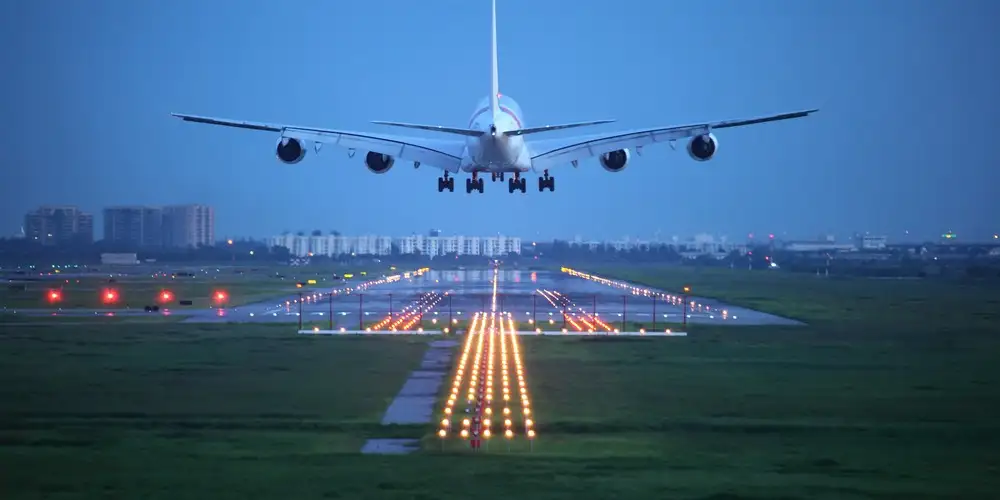
“Ancillary fees” collected by airlines in 2014, worldwide, amounted to some $15 per passenger, says IdeaWorks. Airlines obviously lead the fee parade, but other segments of the travel industry are starting to pick up on the idea. And, for the foreseeable future, you can expect more fees, not fewer. Here are some of the worst fees you’ll see in 2015.
Mandatory “Fees”: Fees you have to pay, in addition to the supposed fare or rate, are clearly the worst kind of fees. In fact, they’re scams—deliberate falsifications of true prices. Here, hotels are the primary culprits, with their phony “resort” and other fees. Airlines tried it with “fuel surcharges,” but governments around the world prevent them from featuring lowball fares plus their own fees—for now. With their intensively lobbied “Transparent Airfares Act,” U.S. airlines are pushing to go back to the phony fee system. Leading consumer advocates are fighting this scam, but with limited success to date. And unless the FTC takes action, mandatory hotel fees are likely to spread to more major destinations. Noting the ubiquitous “resort” fees in so many vacation destinations, city hoteliers must be considering adding “metropolitan” fees.
Penalty Fees: Although many travelers never have to pay them, some supposedly optional fees sometimes become de facto mandatory. Among the worse are fees that consumers face when they unexpectedly have to cancel a flight and want to exchange the value remaining in a nonrefundable air ticket. Ticket exchange fees, initially in the realm of $25, have escalated as high as an appalling $700. And those fees are in addition to whatever went wrong requiring you to cancel a trip. When challenged on these gouge fees, airlines respond by channeling Marie Antoinette: “Let them buy refundable tickets.” Yeah, right; tickets that cost double or more than the tickets most travelers buy. The U.S. DOT retains the authority to assure that international fees are “reasonable,” and some consumer groups are demanding that DOT act to limit these fees. But they’re facing an uphill fight.
Fees for Formerly “Free” Stuff: These supposedly “optional” fees cover services that were once included in the price of a ticket: checked baggage, in-flight meals, advance seat assignment, and such, and they’re a major source of annoyance. Increasingly, airlines are turning to bundling these options into branded fare “families.” In many cases, these bundles are good deals, but they’ve become a focus of contention over the ability of OTAs to sell them. Airlines that so far have resisted the “fee for everything” pricing are under pressure to adopt that concept. JetBlue has already caved, at least partially, but so far Southwest says it will stick with its two no-fee bags and low change fee policies.
New Fees: In its current report on fees, IdeaWorks urges airlines to innovate new for-a-fee services rather than charge for conventional options. It cites several examples already used in some parts of the world:
- “Missed flight” fees, which offer rebooking within a set period at the same fare for anyone who misses a flight but shows up at the airport within 30 minutes to four hours (depending on the airline) of departure
- Discount clubs, such as Spirit’s $9 Fare Club, that offer various discounts to travelers who pay a yearly “membership” fee
- Premium meal upgrade fee—just what it sounds like
- “VIP” airport shuttles—some inside airports, some to/from city centers
- Electronically tagged baggage checks offering real-time locating
- Previous-night baggage check-in service
- Deluxe “amenity bags” for overnight flights
The Future: More fees. Despite the annoyance factor, the fact is that you, as consumers, invited the proliferation of fees. You did this by obsessing on finding the “lowest” fares. “You want cheap? We’ll give you cheap,” the airlines respond. They neglect to add that they’ll get your money some other way. As long as you demand the lowest fares, airlines will cater to that buying pattern. The main difference you’ll see is more branded and bundled fares that incorporate option groups. But, overall, you’ll still see less “free” stuff, not more.
Ed Perkins on Travel is copyright (c) 2014 Tribune Media Services, Inc.
You Might Also Like:
We hand-pick everything we recommend and select items through testing and reviews. Some products are sent to us free of charge with no incentive to offer a favorable review. We offer our unbiased opinions and do not accept compensation to review products. All items are in stock and prices are accurate at the time of publication. If you buy something through our links, we may earn a commission.
Related
Top Fares From
Today's Top Travel Deals
Brought to you by ShermansTravel
Kenya: 14-Night Tour, Incl. Tanzania &...
smarTours
 vacation
$7125+
vacation
$7125+
7-Night Caribbean Round-Trip Cruise From Orlando:...
Norwegian Cruise Line
 cruise
$739+
cruise
$739+
Ohio: Daily Car Rentals from Cincinnati
85OFF.com
 Car Rental
$19+
Car Rental
$19+



